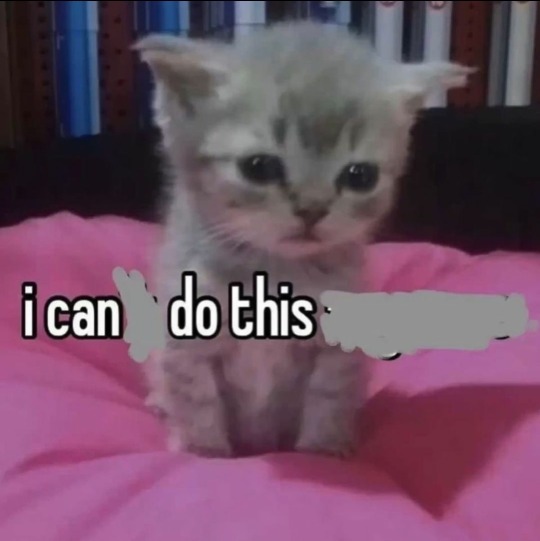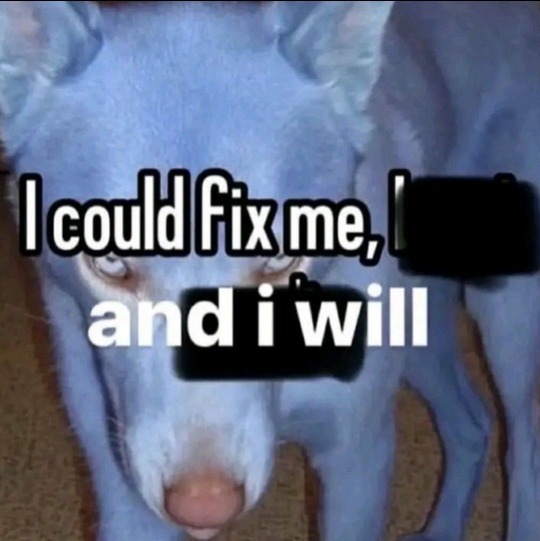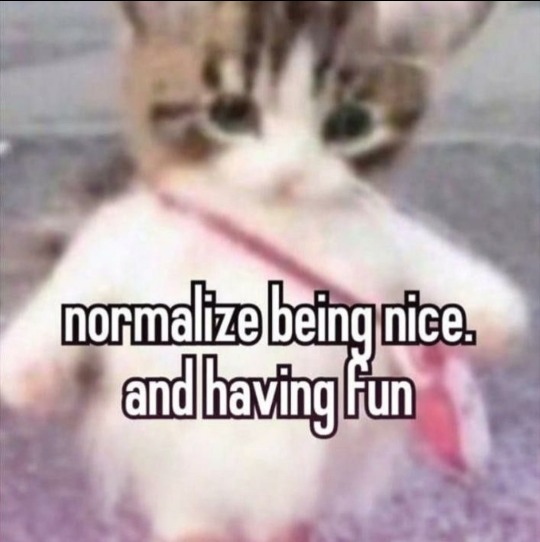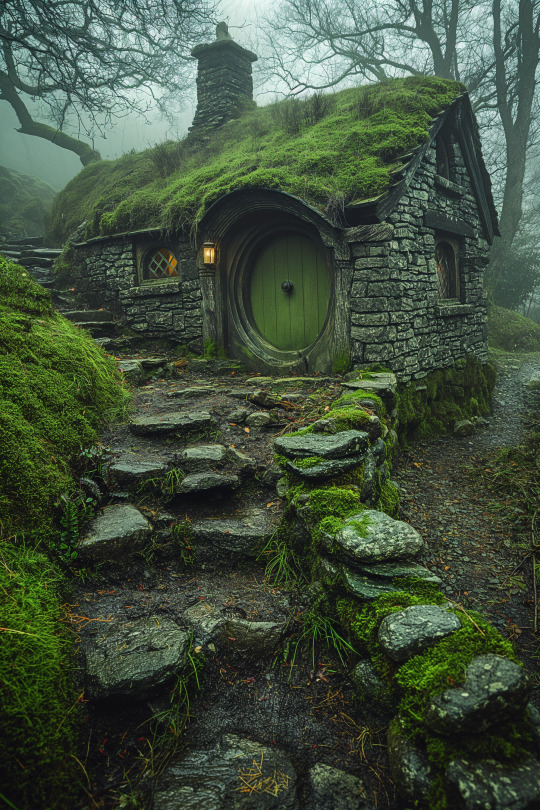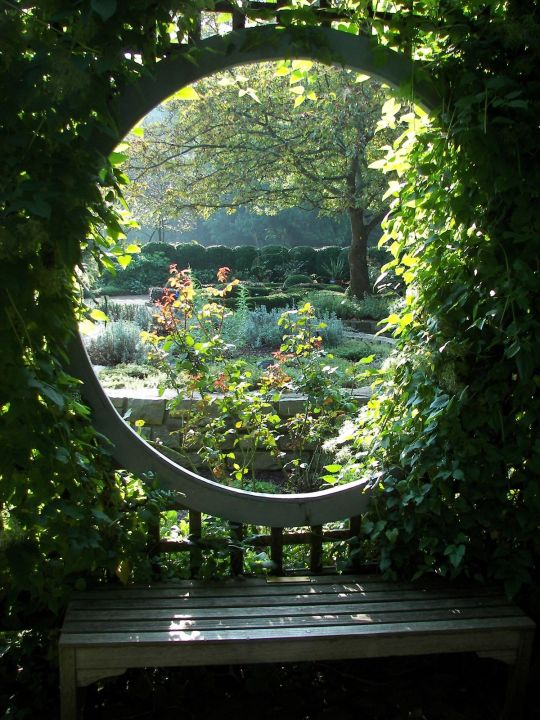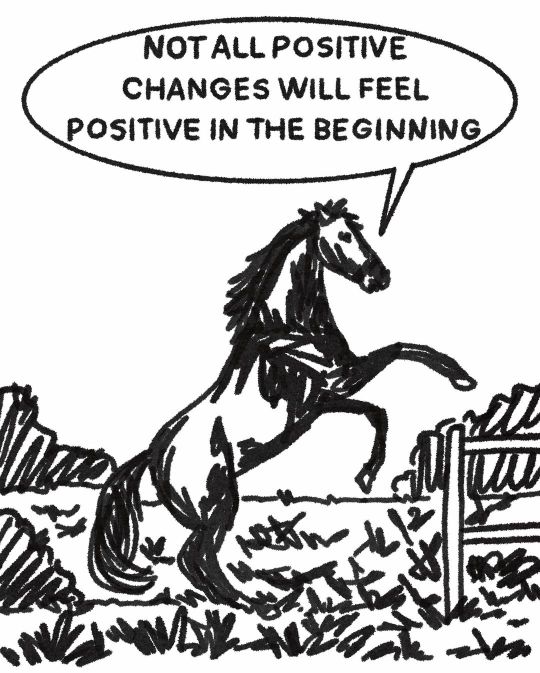Don't wanna be here? Send us removal request.
Photo



Austria-Hungary (Hungary), 1909: Round garden house
A fairytale-like stone cottage by Károly Kós set in a round garden with kitchen/dining room, living room with inglenook, and toilet on the first floor. The second floor contains a bedroom and a studio.
A Ház, 1909. (Budapest, Austria-Hungary)
256 notes
·
View notes
Text
it's august so remember to live for the hope it all
7K notes
·
View notes
Text
Don’t sabotage your peace because chaos is familiar
13K notes
·
View notes
Text
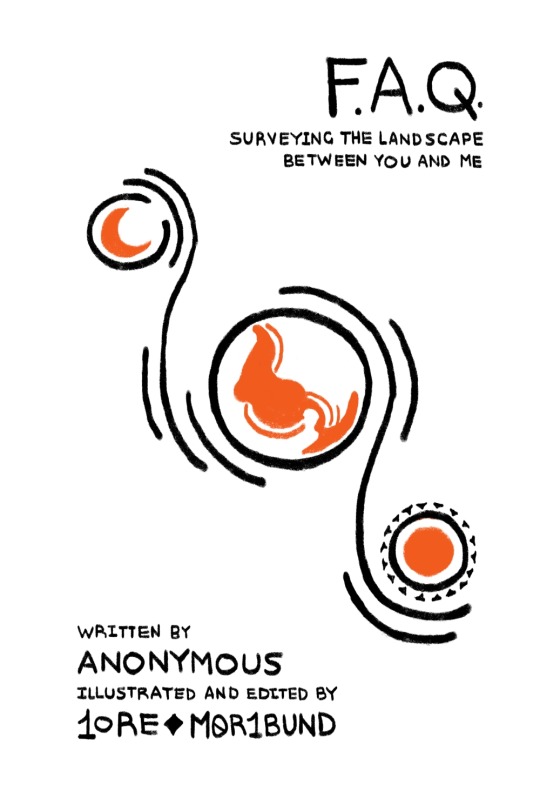
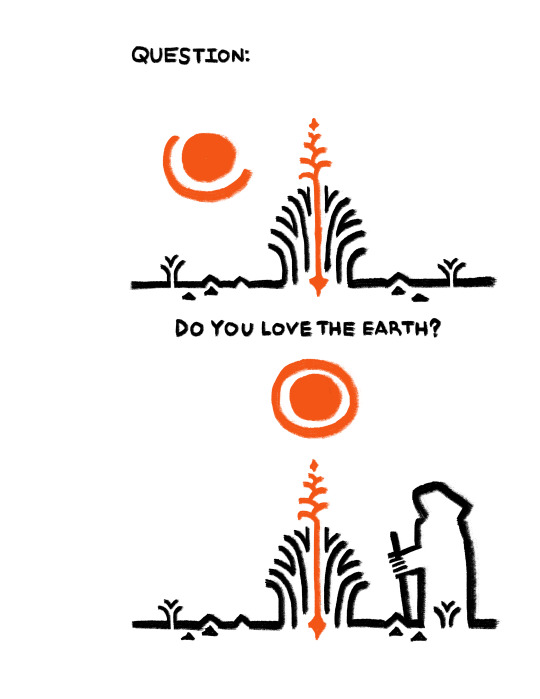
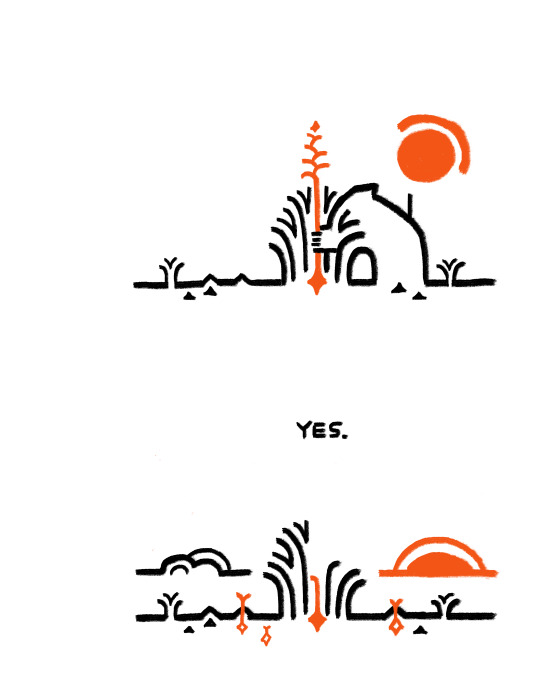
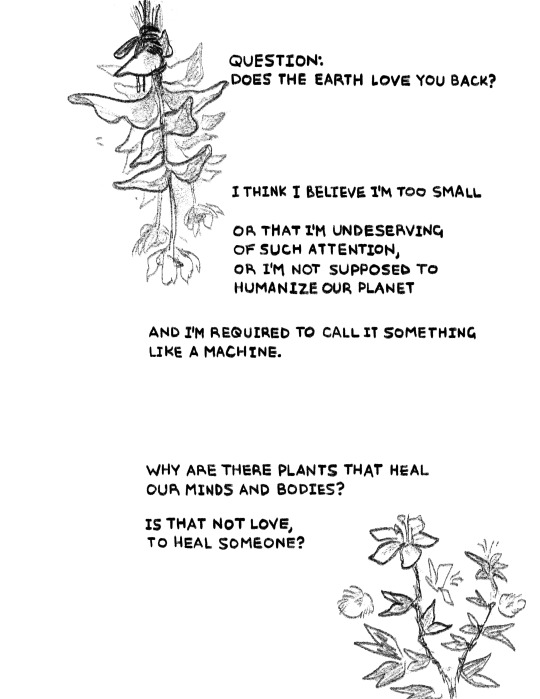

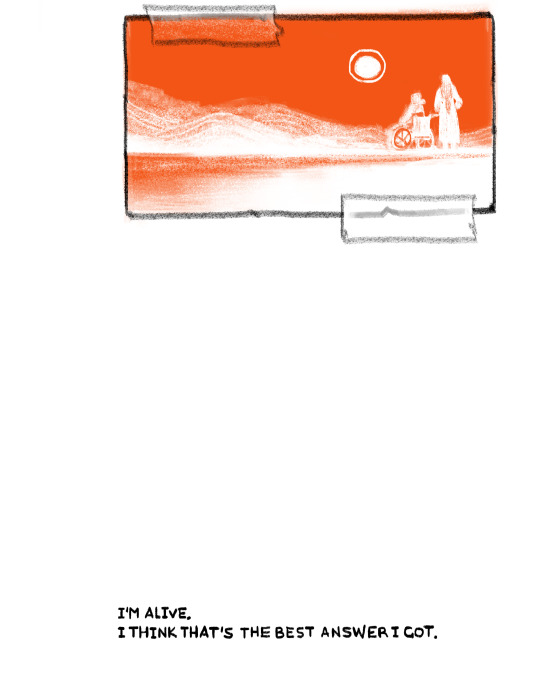
Read the FAQ Zine ▶
I put the zine I made last year on my website. It took me a full year to find a permanent home for it, because I have the brainweird that makes the focus bad, and I’ve been consistently busy since last year. But hey, better late than never.
This project was inspired by the work of Potawatomi botanist Robin Wall Kimmerer. During an interview with On Being, Kimmerer relates the story of a certain question that she asks her students:
“In talking with my environment students, they wholeheartedly agree that they love the earth. But when I ask them the question of “Does the earth love you back?” there’s a great deal of hesitation and reluctance and eyes cast down, like, oh, gosh, I don’t know. Are we even allowed to talk about that? That would mean that the earth had agency and that I was not an anonymous little blip on the landscape, that I was known by my home place.
So it’s a very challenging notion, but I bring it to the garden and think about the way that when we, as human people, demonstrate our love for one another, it is in ways that I find very much analogous to the way that the earth takes care of us, is when we love somebody, we put their wellbeing at the top of a list and we want to feed them well. We want to nurture them. We want to teach them. We want to bring beauty into their lives. We want to make them comfortable and safe and healthy. That’s how I demonstrate love, in part, to my family, and that’s just what I feel in the garden [laughs], as the earth loves us back in beans and corn and strawberries. Food could taste bad. It could be bland and boring, but it isn’t. There are these wonderful gifts that the plant beings, to my mind, have shared with us. And it’s a really liberating idea to think that the earth could love us back, but it also opens the notion of reciprocity that with that love and regard from the earth comes a real deep responsibility.”
- “The Intelligence of Plants,” with Robin Wall Kimmerer and Krista Tippett
I posed Kimmerer’s question to some of my online circles. Their responses are recorded in this zine, accompanied by the work of many photographers, and my own art.
I am many of thoughts and short of words right now, just as I was a year ago. Mostly I’m tremendously touched and grateful for those who participated. You have put words to environmental grief that I often struggle to articulate, and affirmed my belief that we all hold poetry inside of us—we just need the time and space to express it.
756 notes
·
View notes
Text
i just think that, most of the time, you really do need to teach people how to love you. and equally, you need to be taught how to love others. this can feel scary and hard and even like a failure, especially if you're approaching a relationship with trauma - shouldn't it be easy to love me? yeah ofc. but love is an act of translation between people across experience, geography, culture, memory. it's constant, purposeful translation. and though it can be hard, there is real joy to be found in the teaching and learning of love.
16K notes
·
View notes
Text
“The time will pass anyway” absolutely shifted my mind
19K notes
·
View notes
Photo

This is the money Marge. Reblog for good fortune
77K notes
·
View notes
